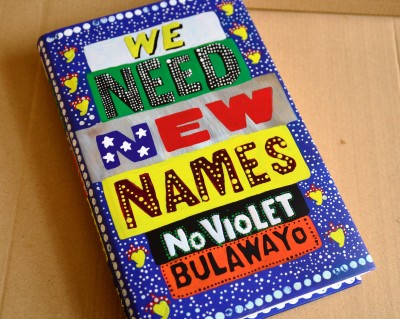 Although this is a travel blog, I hope it’s a place that gives a more rounded picture of Zimbabwe, avoiding compartmentalizing it into “that pariah African state” or “that beautiful African wilderness”. For this reason, stories about literature, art and culture are on this blog too – to flesh out the image of Zimbabwe.
Although this is a travel blog, I hope it’s a place that gives a more rounded picture of Zimbabwe, avoiding compartmentalizing it into “that pariah African state” or “that beautiful African wilderness”. For this reason, stories about literature, art and culture are on this blog too – to flesh out the image of Zimbabwe.
I have only ever pre-ordered two books online. The first was Petina Gappah’s An Elegy for Easterly. The second was We Need New Names by NoViolet Bulawayo. I’ve been looking forward to reading We Need New Names for months and wanted to be one of the first to read it.
What would this Caine Prize winner bring to the well-laden table of Zimbabwean literature? The book has been featured by Oprah, the New York Times, and Glamour magazine – that’s pretty impressive bearing in mind that Zimbabwe has had comparatively low international media coverage recently. Apologies for the longer-than-usual post – it felt like this book deserved it!
Book overview
- We Need New Names
by NoViolet Bulawayo
- Genre: Fiction
- Quick summary: A story about a young girl who moves out of a poverty-stricken shantytown in Zimbabwe to a new life in USA – a new life that has its own problems.
- Why read it?: The writing style is beautiful – many have said that the sentences read like poetry, and I wholeheartedly agree. Read the book to get an insight into the “lost decade” of Zimbabwe when millions of people fled the country in response to the political and economic meltdown.
- Disclaimer: No single book can show the whole picture of displacement in contemporary Zimbabwe, not even a book written by a Caine Prize winner. I should have reminded myself of this before I started reading it – my hopes were very high.
- Published May 2013 by Reagan Arthur Books. Buy it on Amazon here (or here for Amazon UK).
Plot summary
Darling is a 10-year-old girl living in a Zimbabwean shantytown, ironically called Paradise. She lives with her mother and grandmother – her father left the country to go to South Africa. Darling is hungry every day, and witnesses many things that would make grown men shudder, but at least she has her friends.
It is 2008 or thereabouts. The black majority-rule government has been in power for over 20 years, but the New Zimbabwe is not what people had hoped. The Zimbabwe Dollar is on its last legs – bricks of money are needed just to buy bread and milk; inflation is out of control. China has invested money and manpower in the land. An opposition party is trying to change the country for the better, but they are thwarted by the ruling party’s violence and cunning.
The first chapter of We Need New Names closely follows the short story “Hitting Budapest” that won NoViolet Bulawayo the Caine Prize in 2011 (although I prefer the Caine version to the book version). Six children run away from the shantytown to the rich suburb of Budapest where they can steal guavas from the gardens. As the novel continues, we see more of Darling’s bleak life in Paradise – snapshots of harrowing scenes: child abuse here, political violence there – which the children mimic in the games that they play.
To her relief, Darling is taken out of this harsh life, to America to live with her aunt. But the things she sees there are disconcerting in their own way too, and she becomes more alienated from Zimbabwe amidst her deep yearning for it.
“Those of us who give up our homelands live with quiet knowledge nestled in our blood like an incurable disease; even as we are here, we are tied to somewhere else.”
Review
The language in this book grabs your insides and pulls them this way and that, with sentences growing in intensity; pile upon pile of strong, short words. As unceasing as the bulldozers that tore down Darling’s home, as serious as the children who want to wrench the baby from their friend’s stomach, so are the words that twist our feelings around the events of the book. NoViolet Bulawayo can write in such a way that makes me hope she is destined to be one of the greats, like JM Coetzee, Chinua Achebe and Chimamanda Ngozi Adichie.
“Look at them leaving in droves, the children of the land, just look at them leaving in droves. Those with nothing are crossing borders. Those with strength are crossing borders. Those with ambitions are crossing borders. Those with hopes are crossing borders. Those with loss are crossing borders. Moving, running, emigrating, going, deserting, walking, quitting, flying, fleeing to all over, to countries whose names they cannot pronounce.”
And yet.
If Bulawayo tries to depict children of the New Zimbabwe, her portrayal of the white Zimbabweans lets her down. In the only chapter dedicated primarily to race, an important topic for Zimbabwean society, the depiction of the white people are either unrealistic or stereotyped straight out of 1975. A mob storms a white family’s property, and afterwards, the children explore the white family’s now-vacant house. The children are described as being hit by cold air as they enter the house, which gives them goose bumps. This description was a surprise to me: I’ve never been in an air-conditioned house in the 18-plus years in Zimbabwe including the time in which the book is set. The chapter continues and the children walk into the dining room of the white family’s house. There they find a life-size portrait of the Rhodesian leader Ian Smith, and next to him, a picture of the Queen of England.
I found this a hand-me-down portrayal, and a laughable one at that, and not a typical representation of white society in 2008. The only time I’ve seen images of Ian Smith have been in Western media articles, certainly never in a private home in Zimbabwe. In the book, when the mob storms the house with weapons and then hands the white man his “papers” indicating the transfer of land, this takes place not on a farm, but in a city suburb. This is a misleading picture: cities and suburbs have been largely unaffected by Zimbabwe’s land redistribution scheme. Unfortunately, this specific chapter seemed so piecemeal that it tainted the book for me. Many historical events are described in the book, and this chapter can’t be read as an typical representation of the white/black land redistribution.
In post-2000 Zimbabwe, economic disparity is more complex than shown in the book: the richest people in the country are now the black politicians. In the book, a shiny Lamborghini drives into a house where the rich, assumed white-population of Bulawayo city live – but for a book set in 2008 or thereabouts, it would’ve been more accurate to place such a sports car in the driveway of a black member of the ruling party.
It feels at some points as if there’s a big checklist dictating ‘What to include in a contemporary novel about Zimbabwe’ – the so-called ‘poverty porn’ (see this article) for which the writer was criticized in her 2011 short story. The list would include: child abuse, starvation, shantytowns, religious sex rites, Chinese imposition, prostitution, lack of parenting, hyperinflation, “farm” invasions (I use the term loosely because, as mentioned, the invasion didn’t happen on a farm), elections, diamond mines, gold mines, white imperialism, black sell-outs, foreign aid workers, AIDS, political violence, the breakdown of education – and We Need New Names has a checkmark next to them all.
The same goes for the portrayal of America: here there is body image obsession, football obsession, malls, video games, gender role upheaval, pornography, the Occupy movement, Hello Kitty, obesity, green cards, Facebook, Victoria’s Secret, gun crime, anorexia … and so it goes on. Each chapter is a whistle-stop tour of issues that leaves me feeling a little bewildered – but this may well be the point.
The book left me with questions which detracted from the underlying messages of the book: Was Lady Gaga popular while the Zimbabwe Dollar was still in use? Why does Aunt Fostalina work two jobs if she can afford to buy Macs and Victoria’s Secret underwear? Why is the character of Shaka Zulu such a mishmash of Zulu, Ndebele and Maasai relics? How easy is it to Skype to a Zimbabwean shantytown? If they’re in America, why do they watch the BBC?
And yet. There are truisms here, told so bluntly that you can’t help but feel them to the core. The character Chipo, who remains in Zimbabwe, has this to say to Darling in a Skype conversation:
“Just tell me one thing. What are you doing not in your country right now? Why did you run off to America, Darling Nonkhululekho Nkala, huh? Why did you just leave? If it’s your country, you have to love it to live in it and not leave it. You have to fight for it no matter what, to make it right. Tell me, do you abandon your house because it’s burning or do you find water to put out the fire? And if you leave it burning, do you expect the flames to turn into water and put themselves out? You left it, Darling, my dear, you left the house burning and you have the guts to tell me, in that stupid accent that you were not born with, that doesn’t even suit you, that this is your country?”
The unifying theme of the book – displacement – is one that I can identify with as a Zimbabwean, and it is a theme that unifies millions of others around the world, whether you are Australian, British, Polish, Afghan, Malaysian, or American. It is a story about leaving home; about identity and change. The writer Bulawayo uses ideas that we are familiar with, to open our eyes to the specifics of these ideas within the context of Zimbabwean society, to help us feel them more acutely.
I have no doubt that this is a book that demands attention. Essay upon essay could be written about its intricacies:the function of character and place names, the use of the word “nothing”, the games that the children make up in mimicry of real-life politics. Unfortunately, as much as I was in awe of the powerful language, I was as disappointed by the few occurrences of distortion, and I can only look to Bulawayo’s next novel with (measured) anticipation.
Shortlisted for the Man Booker Prize and the Guardian First Book Award; finalist for the Barnes & Noble Discover Award. Winner of the Etisalat Prize for Literature, the Hemingway Foundation/PEN Award for debut work of fiction and the Los Angeles Times Book Prize Art Seidenbaum Award for First Fiction.
Have you read the book? Write a comment below to share your thoughts…

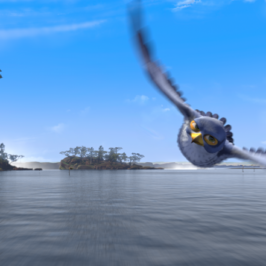
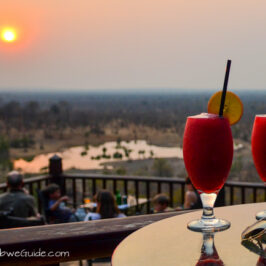
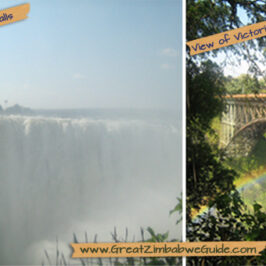
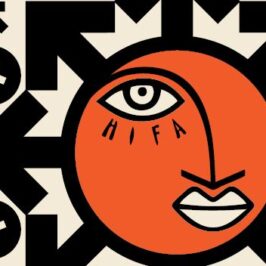
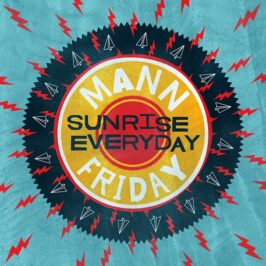
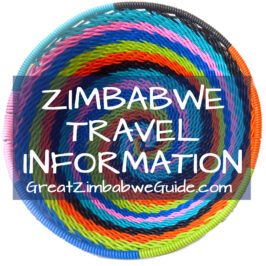

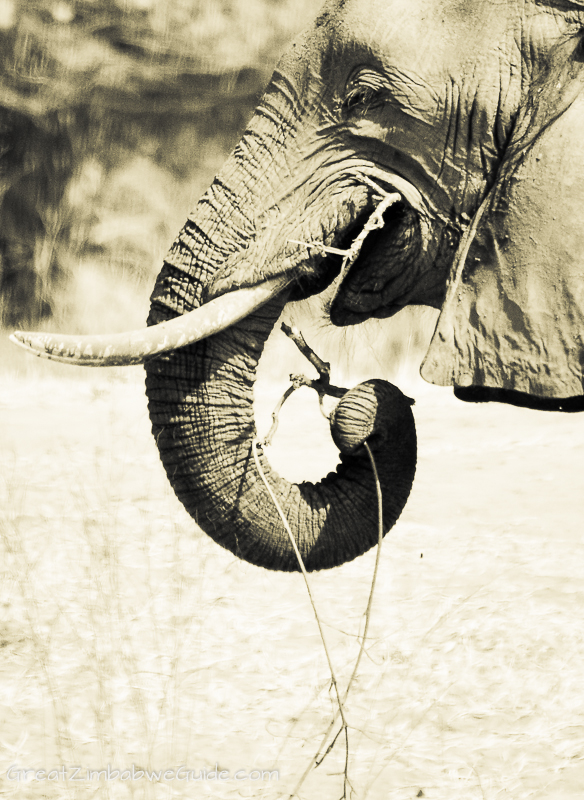
GreatZimbabweGuide
Hi Lara, I’m glad you enjoyed the review – it’s good to hear your thoughts! UCT is where I studied too – oh, to sit on Jammie Steps again! I’m glad they’ve included Bulawayo’s book in their syllabus as it is so contemporary. – Beth
– Beth
Good luck with your studies and soak up some sun on Jammie Steps for me (hopefully on a day when it’s not too windy!)
Lara
A wonderfully written insight into the novel. I am currently majoring in African Literature and Language at the University of Cape Town, and have recently complete a study on this novel in a seminar on translocal writing and feminism.
I completely agree with your statement regarding the checklist effect within the novel – very ‘How to write about Africa’-esque.